
Table of Contents
ToggleINTRODUCTION
As the digital marketplace continues to evolve, small businesses face mounting challenges to gain visibility and engage customers in an increasingly competitive online landscape. Search Engine Optimization (SEO) has proven to be a game-changer, enabling small businesses to compete with larger enterprises and capture their target audience’s attention without the high costs of traditional advertising. In 2025-26, SEO will be more crucial than ever, shaping the success of small businesses through better online visibility, increased trust, and effective audience targeting.
In this guide, we’ll explore why SEO remains indispensable for small businesses and how it will help them thrive in the years ahead.
Why SEO Matters for Small Businesses in 2025
Visibility in a Crowded Market
The online marketplace is more saturated than ever, with millions of websites competing for attention. SEO is crucial for small businesses to cut through the noise and be seen by potential customers. By optimizing their websites for relevant search terms, small businesses can increase their chances of appearing at the top of search results and driving more organic traffic.
Cost-Effective Marketing Strategy
Unlike paid advertising, which can quickly deplete a budget, SEO is a long-term investment that continues to pay dividends over time. While there may be initial costs for content creation, keyword research, and technical optimizations, organic traffic generated by a strong SEO strategy offers a high return on investment (ROI). For small businesses with limited budgets, this is a significant advantage.
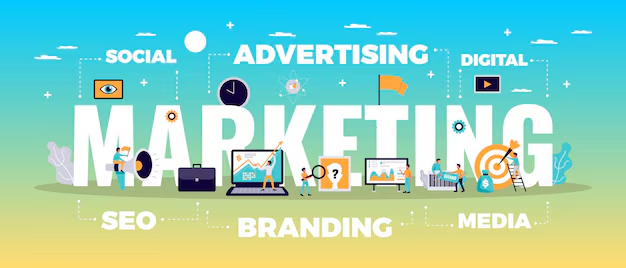
Building Credibility and Trust
Ranking on the first page of search engine results is often perceived as a sign of credibility and trustworthiness by consumers. When a business consistently appears at the top for specific queries, it demonstrates expertise in that area. Small businesses can build brand authority and strengthen consumer trust, which is vital for turning visitors into loyal customers.
Adapting to Consumer Behavior
Consumer behavior has shifted significantly over the past few years, with an increasing reliance on search engines to find products and services. Whether customers are searching for a local restaurant or a niche online service, they typically turn to Google first. SEO helps businesses meet customers where they are and aligns marketing strategies with evolving consumer search patterns.
Key SEO Trends for Small Businesses to Leverage in 2025

Voice Search Optimization
The proliferation of smart speakers and mobile voice assistants means more consumers are conducting searches through voice commands. Optimizing content for voice search involves targeting natural language queries and focusing on long-tail keywords. This trend presents an excellent opportunity for small businesses to capture conversational and intent-driven traffic.
Local SEO Focus
Local SEO remains a key priority for small businesses, especially those relying on a physical presence. As more people use location-based searches like “near me” queries, optimizing a Google Business Profile, encouraging positive customer reviews, and incorporating location-specific keywords into content becomes crucial. For example, a bakery optimizing for “fresh pastries in [City]” can significantly boost visibility among local consumers.
Mobile-First SEO
With Google’s mobile-first indexing, having a mobile-friendly website isn’t just a bonus; it’s a necessity. Websites that load quickly, offer seamless navigation, and deliver a positive mobile user experience are more likely to rank well. Small businesses must ensure that their sites are responsive and offer consistent performance across all devices.

AI and Automation in SEO
AI-powered tools are transforming the SEO landscape by simplifying tasks such as keyword research, content optimization, and competitive analysis. Small businesses can leverage these tools to gain deeper insights, make data-driven decisions, and streamline their marketing efforts without significant resource investments.
Content E-E-A-T (Experience, Expertise, Authoritativeness, Trustworthiness)
Google’s continued focus on high-quality content is rooted in E-E-A-T principles. Content that demonstrates real-world experience, expertise, authority, and trustworthiness is prioritized. Small businesses should create content that resonates with their audience, offers valuable insights, and aligns with Google’s guidelines.
Benefits of SEO for Small Businesses
1. Increased Traffic and Conversions
A well-executed SEO strategy drives targeted traffic to a website. By targeting specific keywords and optimizing for user intent, small businesses can attract visitors who are genuinely interested in their products or services, leading to higher conversion rates and sales.
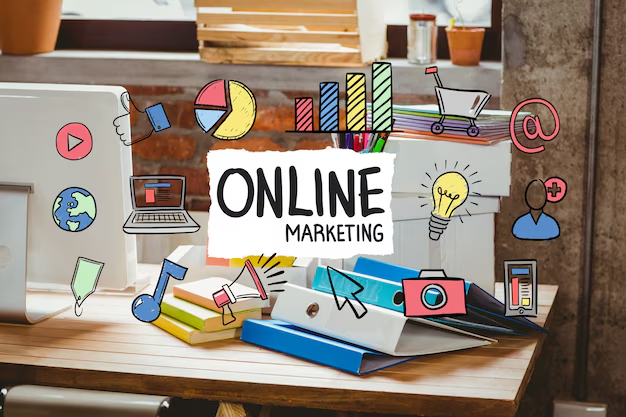
2. Enhanced User Experience
SEO goes beyond keywords and backlinks. It also involves creating a smooth, enjoyable user experience. Websites that are fast, easy to navigate, and offer valuable content keep visitors engaged longer, reducing bounce rates and signaling to search engines that the site is credible and relevant.
3. Competitive Edge
Many small businesses overlook the potential of SEO, focusing solely on social media or paid ads. This presents an opportunity to stand out by investing in organic optimization strategies. Businesses that commit to a robust SEO plan can outperform competitors and capture market share.
4. Better ROI Compared to Paid Ads
While paid ads can drive immediate traffic, the cost-per-click can be prohibitively high. Organic SEO offers more sustainable growth. Once a website ranks for target keywords, it continues to attract free traffic without the ongoing expense of ad campaigns.
Challenges Small Businesses May Face with SEO in 2025
Algorithm Changes
Search engine algorithms change frequently, impacting rankings overnight. Staying informed and adapting quickly can be challenging but necessary to maintain visibility.

Resource Constraints
Small businesses may have limited budgets, but creative strategies—like focusing on niche keywords or leveraging free tools—can offer solutions. Collaborating with experts, such as Closhee’s SEO team, can also help maximize returns without breaking the bank.
Content Saturation
The web is full of content, making it harder to stand out. Small businesses can differentiate themselves by offering unique insights, targeting less competitive keywords, and telling their brand’s story authentically.
How to Build a Strong SEO Strategy for 2025
1. Conduct Keyword Research
Identify keywords that align with your business goals and customer intent. Focus on niche, long-tail keywords that reflect specific user needs.
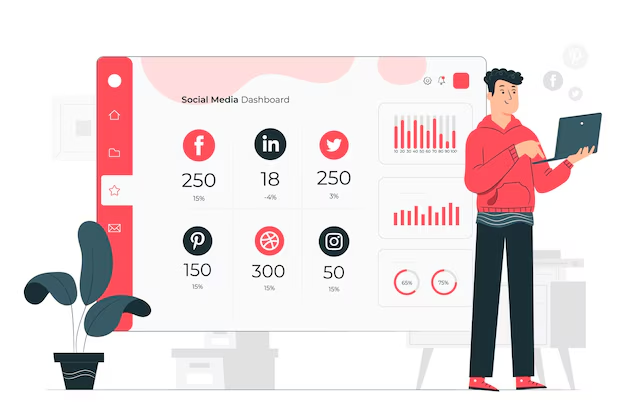
2. Optimize On-Page Elements
Ensure your site has compelling title tags, meta descriptions, header tags, and internal links. On-page optimization boosts visibility and ensures search engines understand the content.
3. Content Creation
Create high-quality, valuable content tailored to your target audience. Offer solutions, answer common questions, and showcase expertise in your field.
4. Prioritize Local SEO Efforts
Register with online directories, gather customer reviews, and actively engage in local events or sponsorships to boost community connections.
.
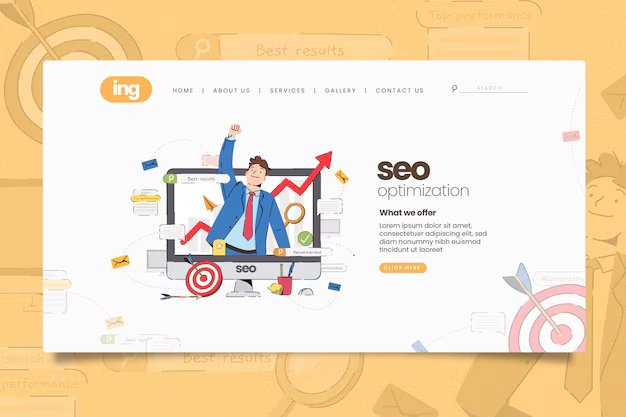
5. Ensure Mobile Optimization
A responsive, mobile-friendly website is critical. Make sure it loads quickly and offers an optimal user experience on all devices.
Real-World Example/Case Study
Consider a small bakery that implemented SEO by targeting local keywords, optimizing its Google Business Profile, and creating blog posts about baking tips. Within a year, it saw a 150% increase in foot traffic, demonstrating the power of local SEO done right.

CONCLUSION
SEO remains a vital investment for small businesses in 2025. It drives visibility, builds trust, and offers a cost-effective way to reach and engage potential customers. With the right strategies, small businesses can not only survive but thrive in an increasingly competitive digital landscape.
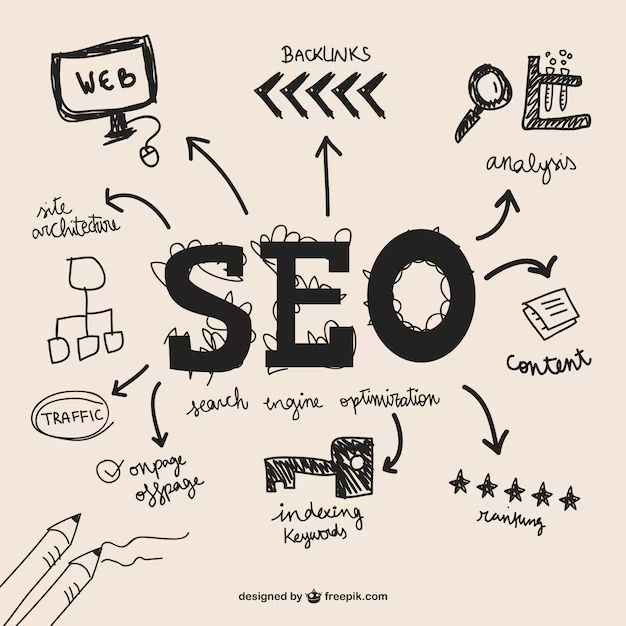
Ready to grow your business through SEO? Contact Closhee today for a tailored consultation